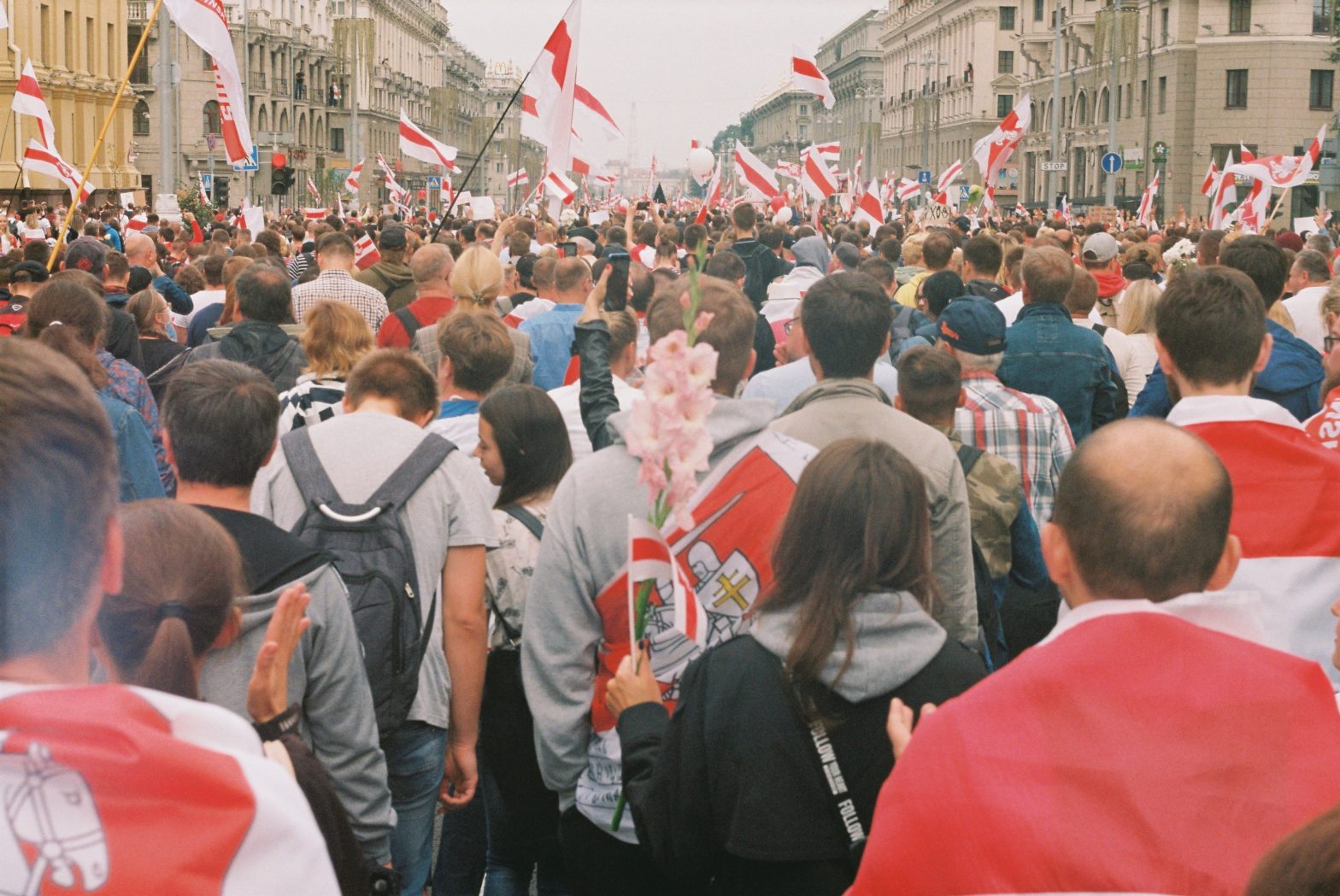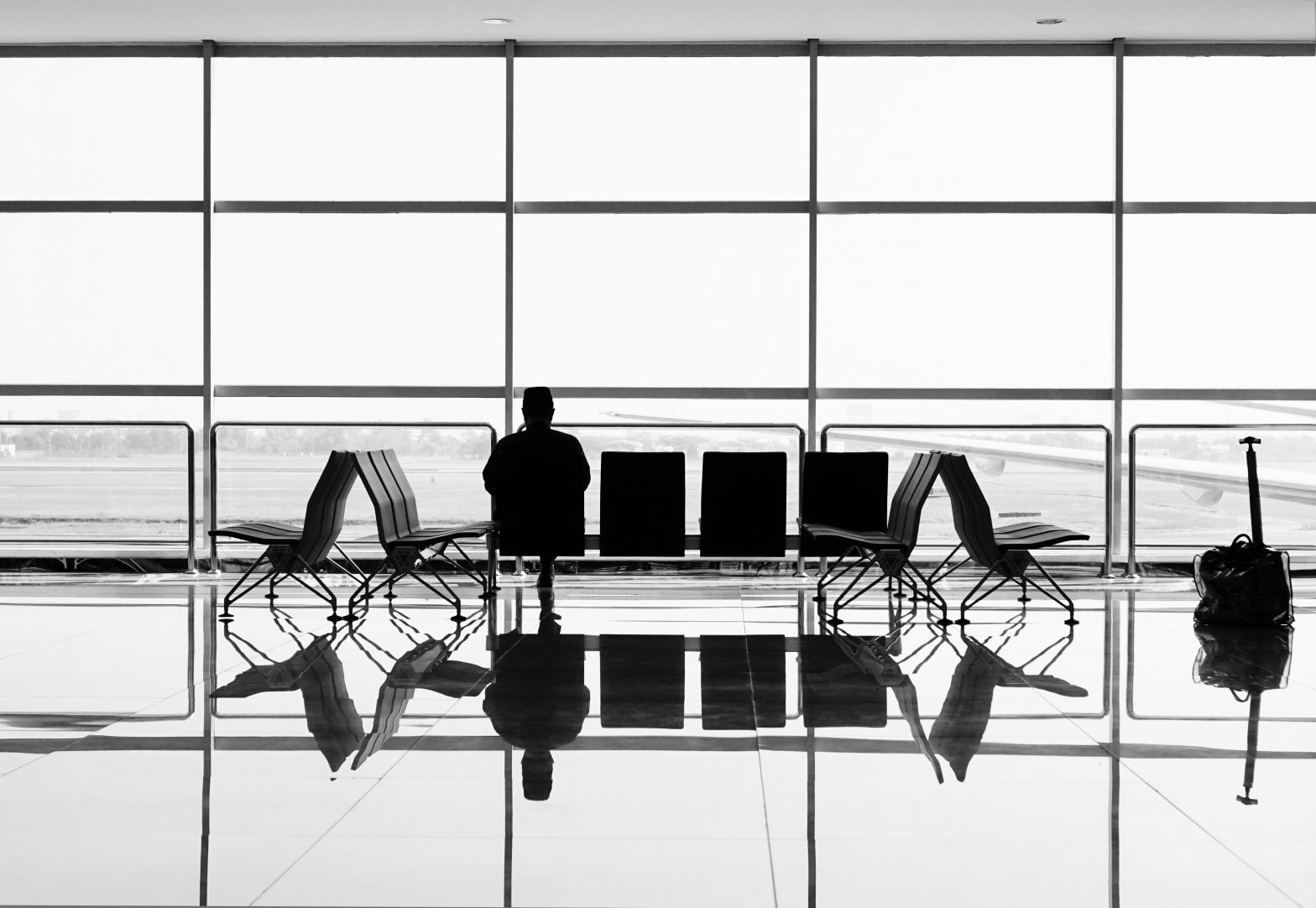In May, we host Nuppu Pelevina, Oksana Domina, and Salla-Maaria Laaksonen from the University of Helsinki, who will present their research “Instagram as an affective battlefield – Ukrainian inspirational influencers as strategic narrators” on Ukrainian social media influencers and their roles during the ongoing Russo-Ukrainian war. Using on social media data gathered from influencers’ Instagram profiles and online questionnaire sent to prominent Ukrainian social media influencers, the research reveals how the war affected the influencers’ practices and how they participated in communicating about the war.
The Online talk will be held in Zoom on May 14 from 12:00 to 13:30 (Helsinki time). If you wish to participate and receive emails with updates about the future online talks, please leave your contact information here by May, 13 at noon: registration form. If you have already subscribed to the Online talks mailing list, you don’t need to register again: you will receive further information via email.


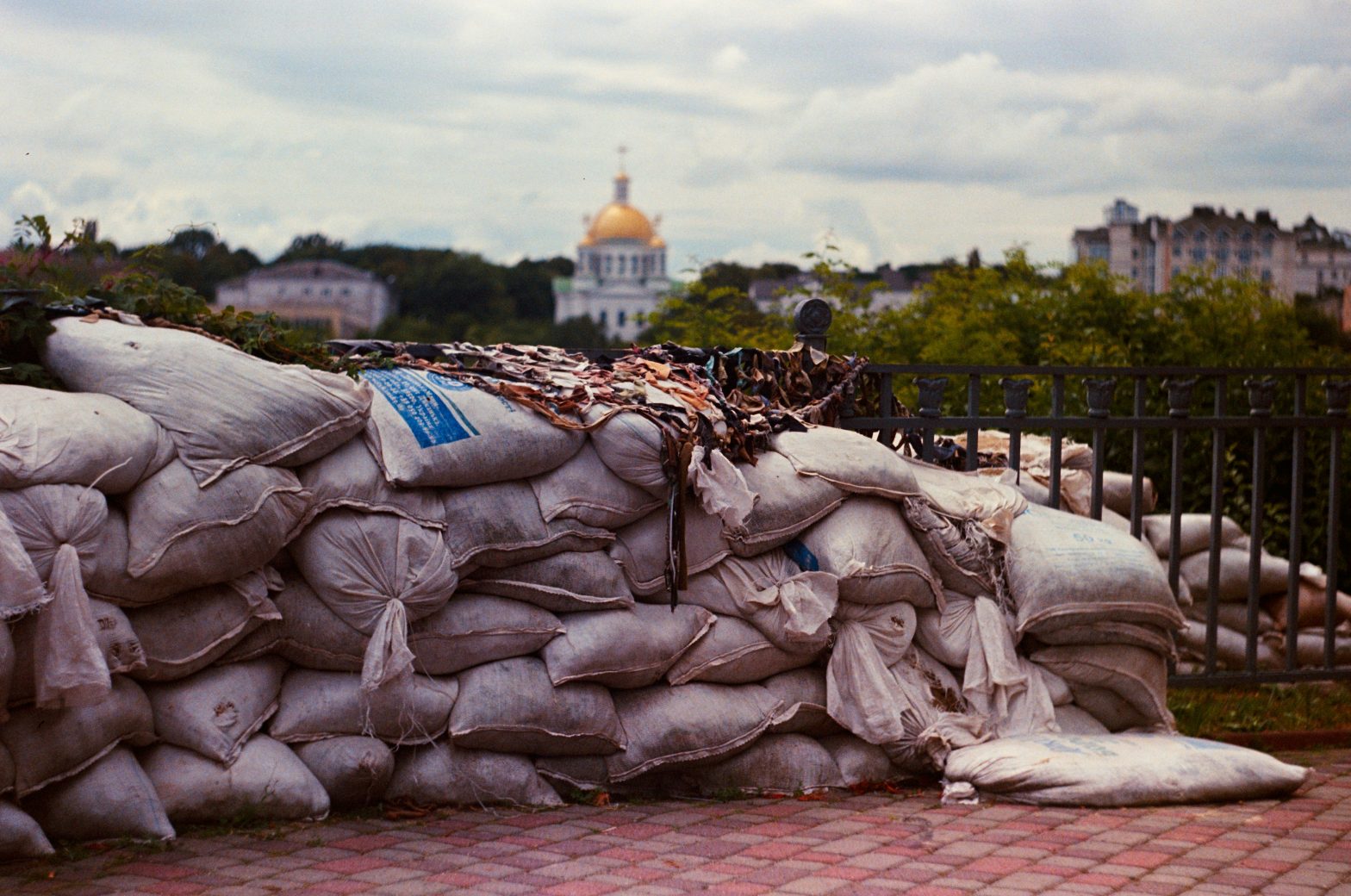
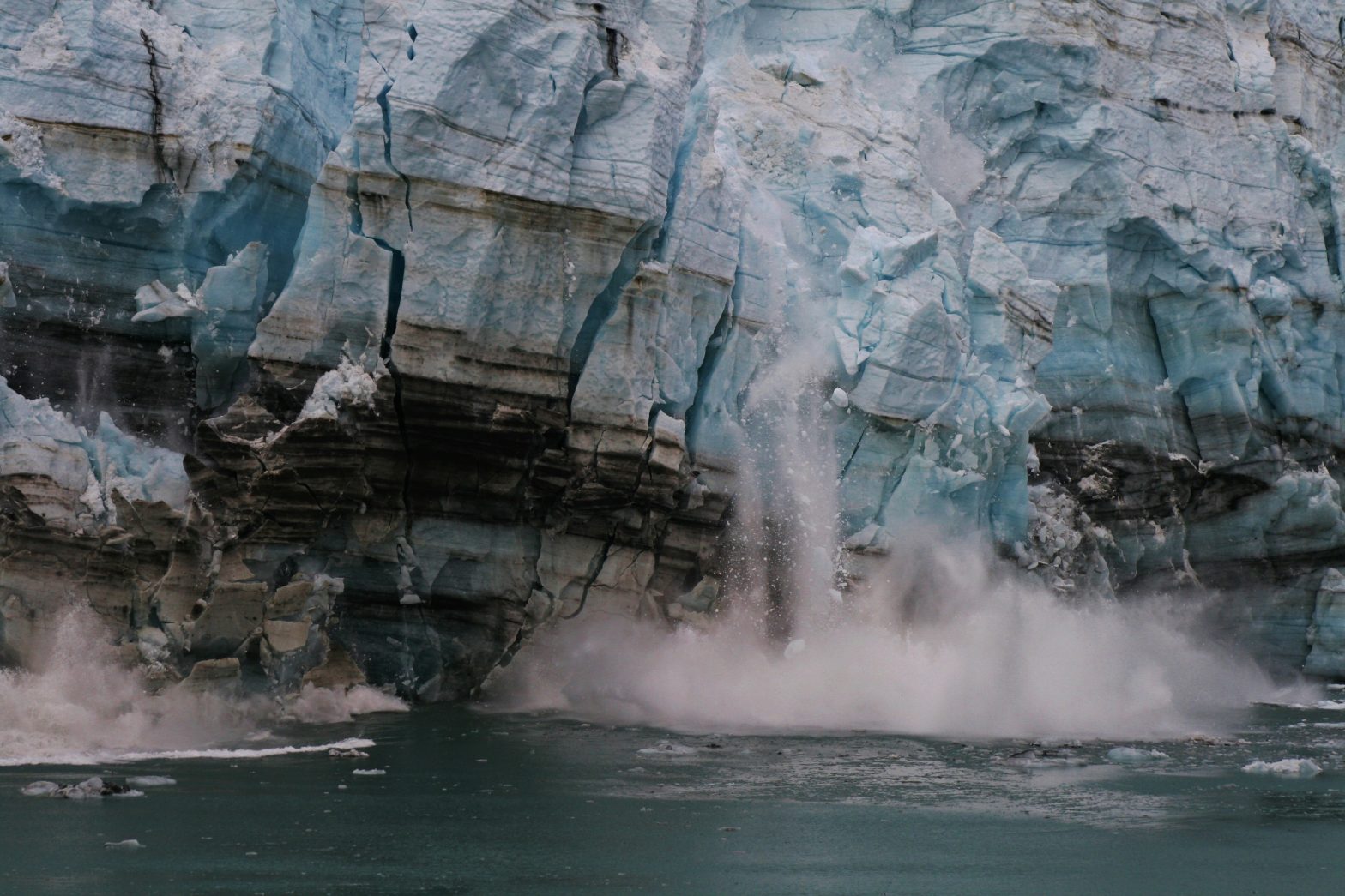
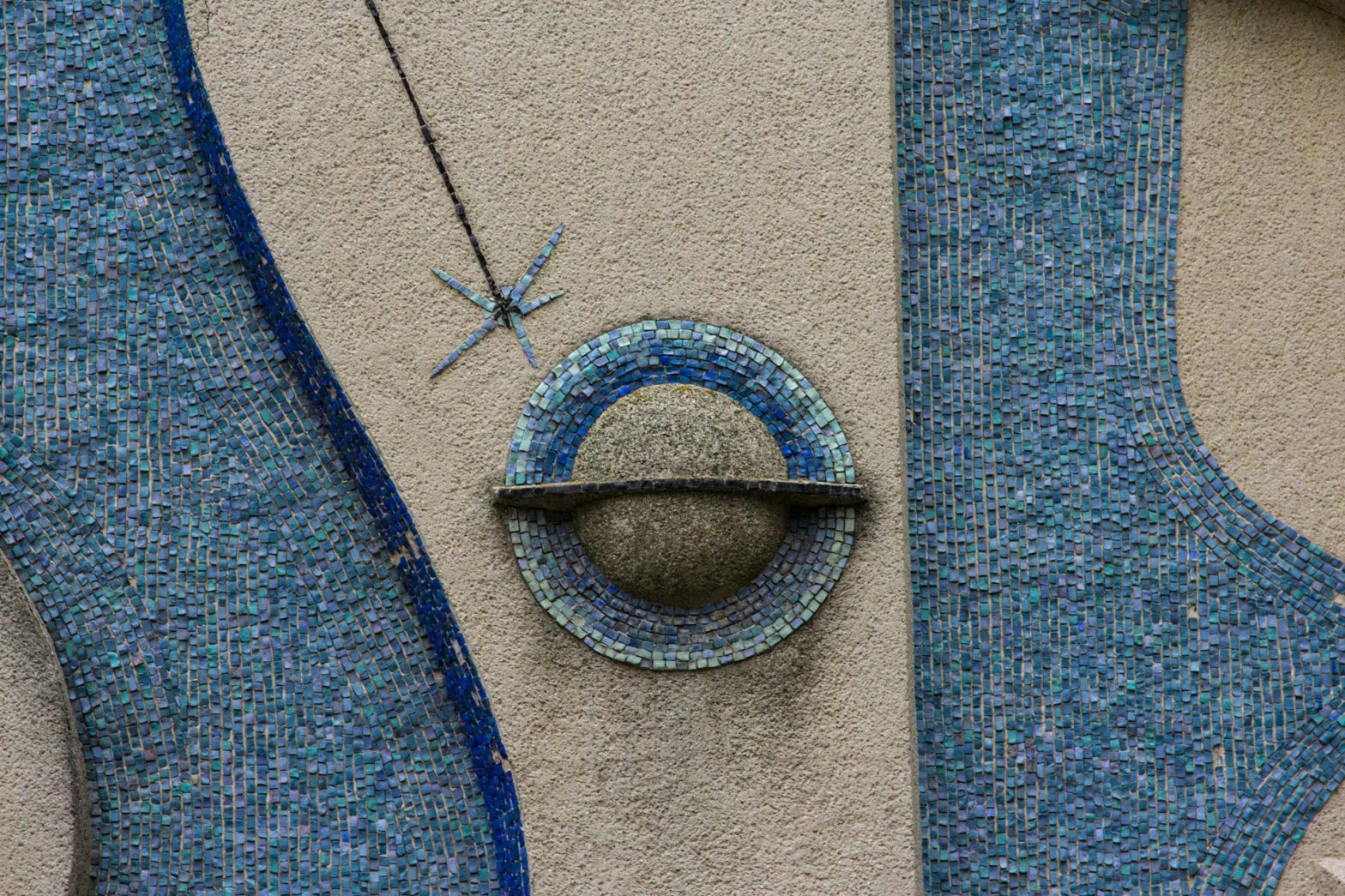
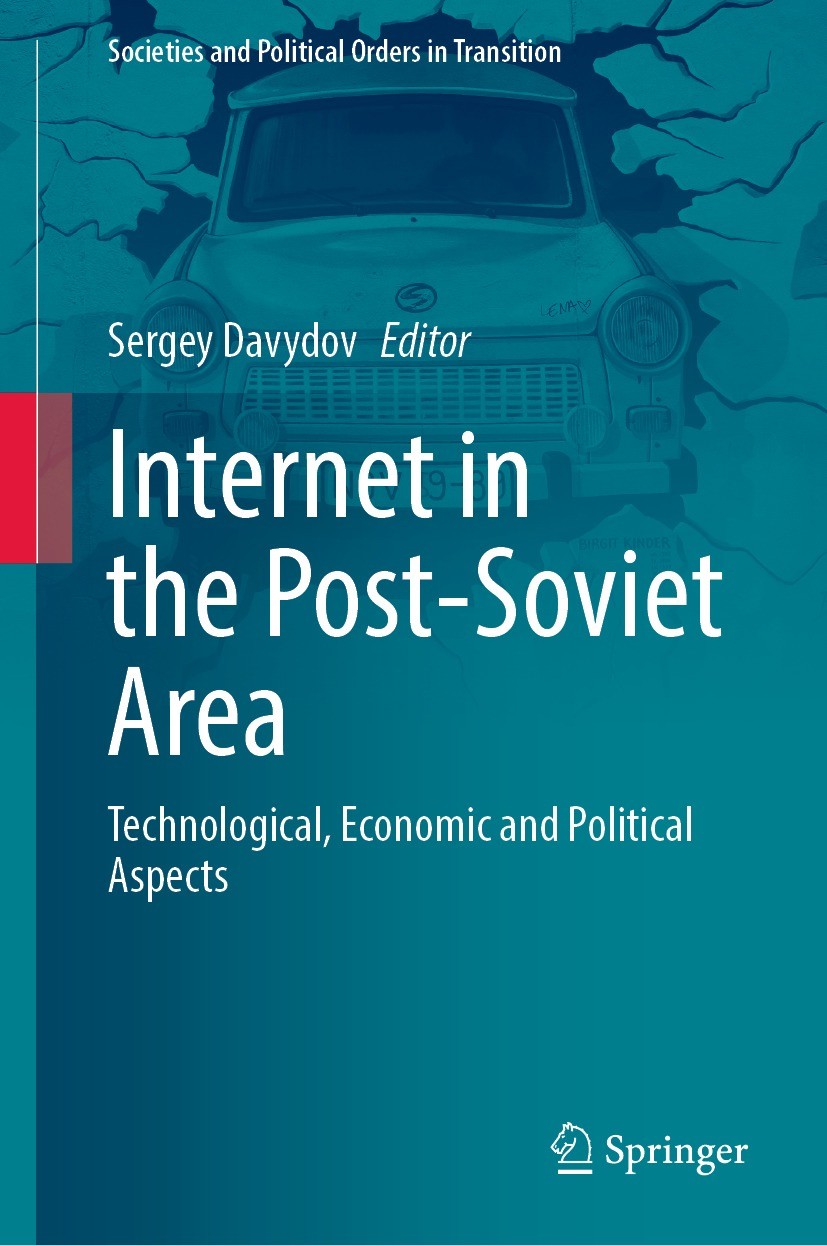 In February, Sergey Davydov, editor and contributor to the volume “Internet in the Post-Soviet Area – Technological, Economic and Political Aspects” (Springer, 2023), will present a comparative perspective on Internet development on the vast territory of the former USSR taken diversity of media systems of these countries and still significant role of the Runet.
In February, Sergey Davydov, editor and contributor to the volume “Internet in the Post-Soviet Area – Technological, Economic and Political Aspects” (Springer, 2023), will present a comparative perspective on Internet development on the vast territory of the former USSR taken diversity of media systems of these countries and still significant role of the Runet.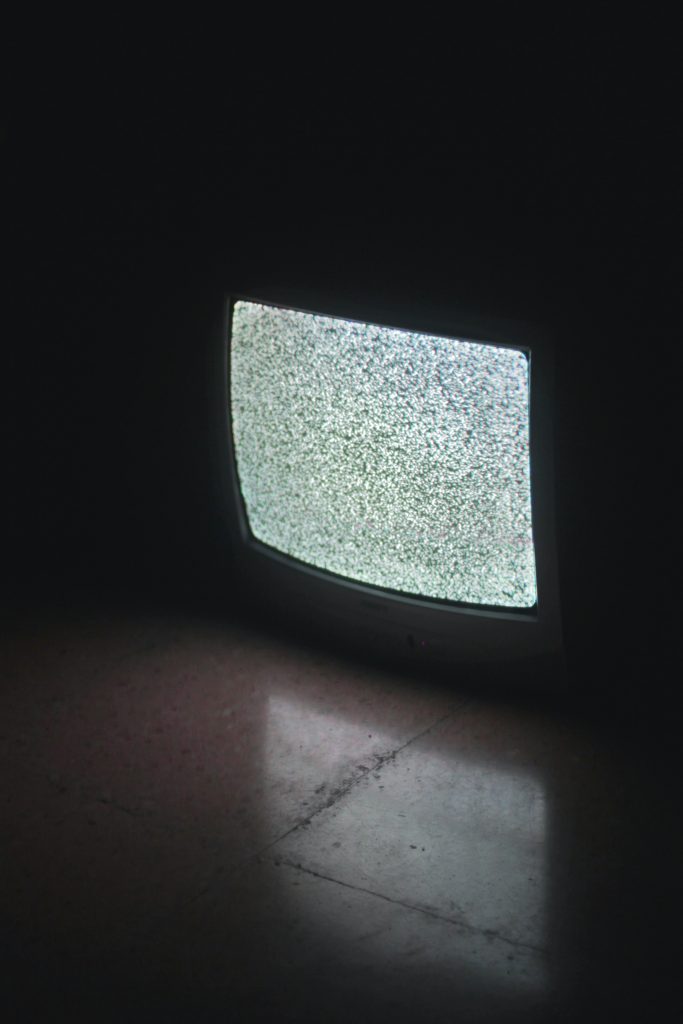
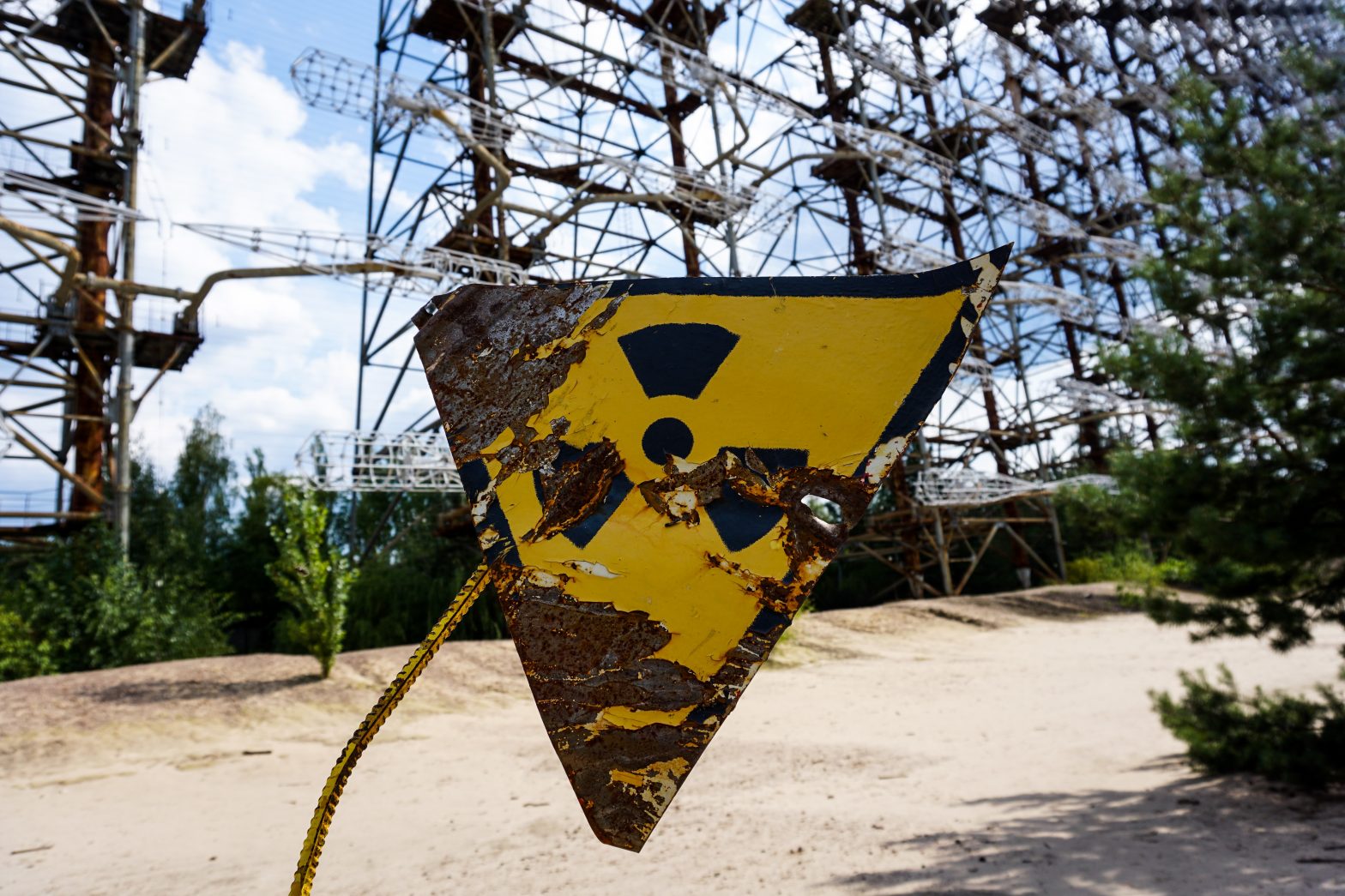
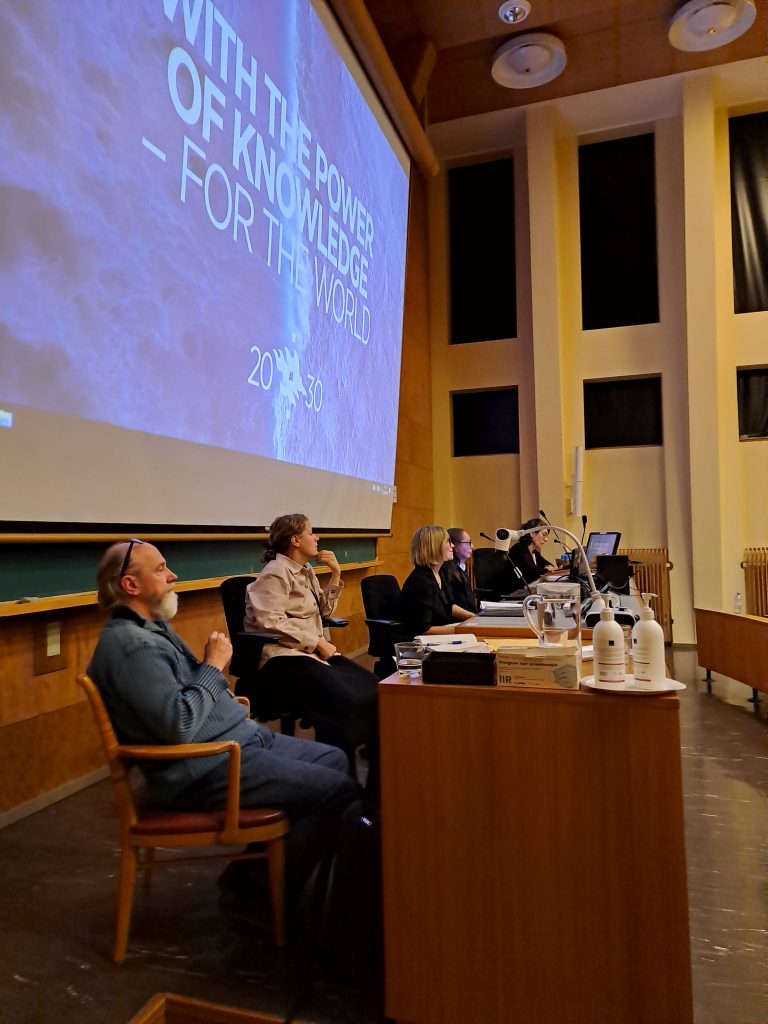 by Anniina Sonerva and Katja Lehtisaari
by Anniina Sonerva and Katja Lehtisaari